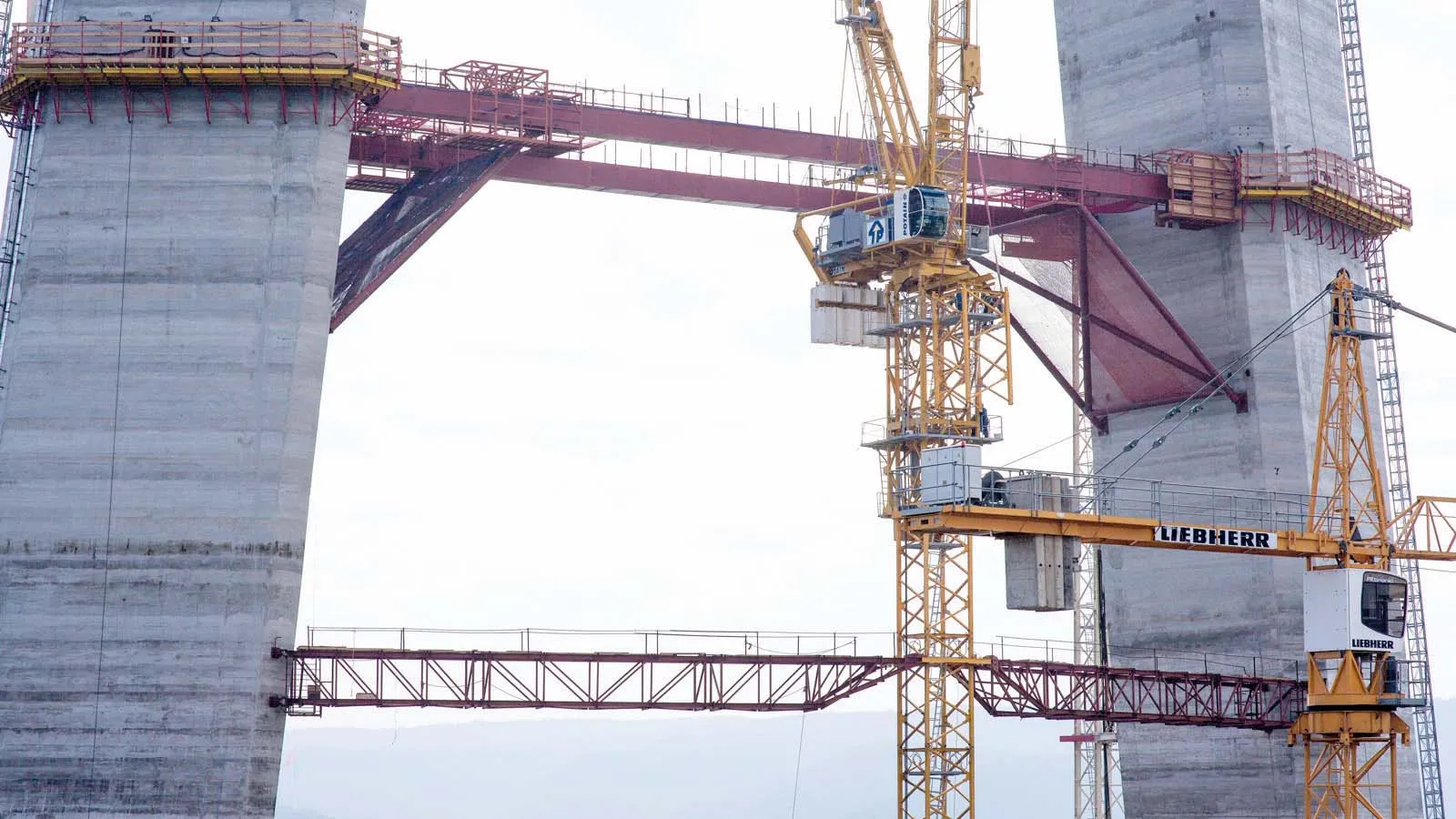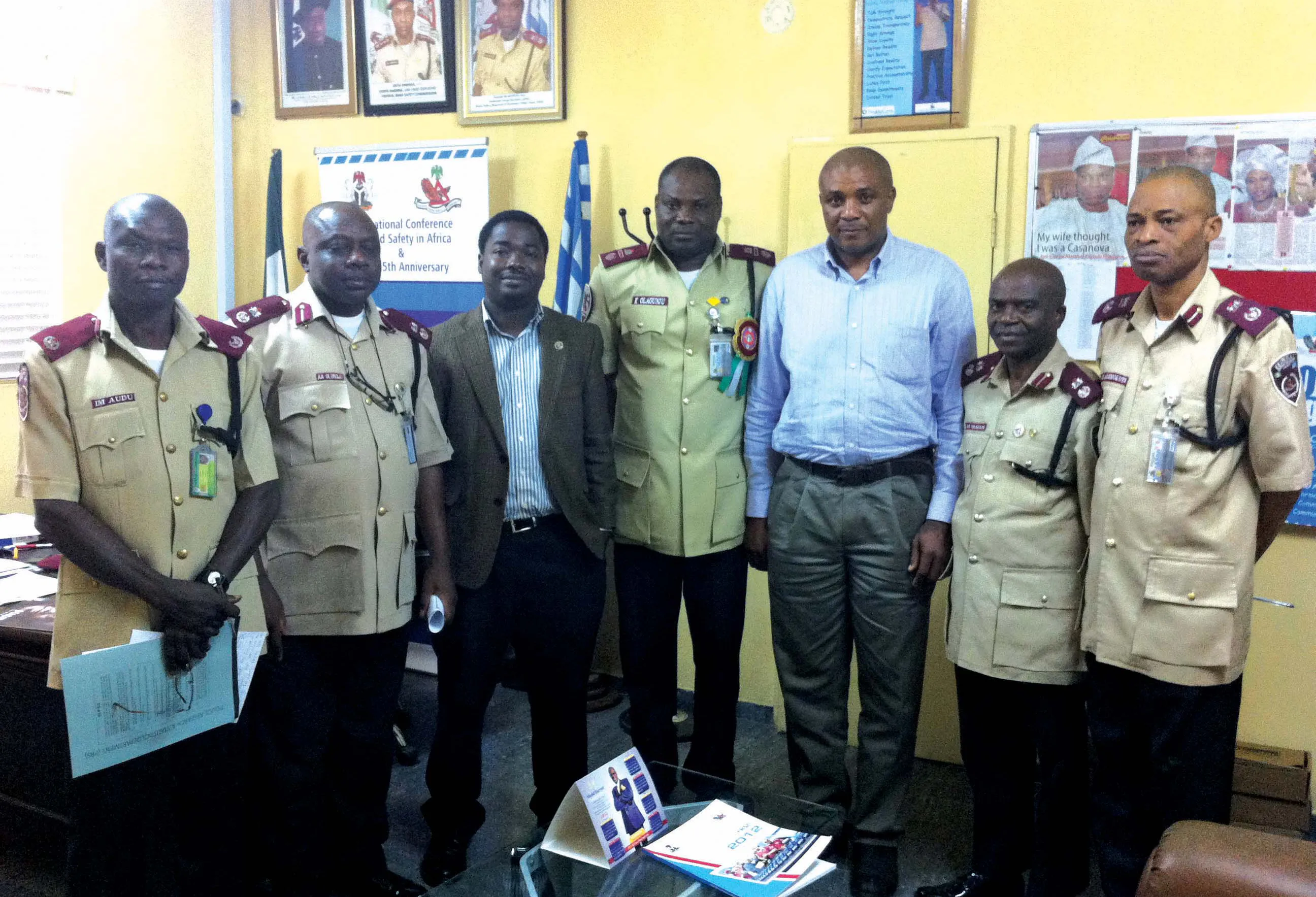An upcoming summit will look at opportunities offered by Oman’s infrastructure plans. Oman is planning to spend some US$14.8 billion on infrastructure in the coming years. The figure, almost half of the country’s 8th Five-Year Development Plan for 2011-2015, has been earmarked for overhauling roads, ports and airports with the objective to link the three modes of transport to improve interconnectivity. Oman’s huge infrastructure will include numerous road projects, bridge structures, tunnel constructions an
May 29, 2013
Read time: 4 mins
An upcoming summit will look at opportunities offered by Oman’s infrastructure plans
Oman is planning to spend some US$14.8 billion on infrastructure in the coming years. The figure, almost half of the country’s 8th Five-Year Development Plan for 2011-2015, has been earmarked for overhauling roads, ports and airports with the objective to link the three modes of transport to improve interconnectivity.Oman’s huge infrastructure will include numerous road projects, bridge structures, tunnel constructions and national railway networks being developed over the next five years.
Indeed, government officials say that developing a modern and integrated logistics and transport infrastructure is an essential part of Oman’s economy diversification strategy.
The road sector dominated the Omani construction market in 2011 with $1.1 billion worth of contracts awarded, almost half of the total contract awarded last year.
The road sector is expected to continue to play an important role in the construction sector in 2013 with companies submitting bids for more than $600 million worth of roads projects.
Infrastructure projects that have been given top priority include the 265km multi-phase Al Batinah Expressway with an allocated budget of US $2.6 billion.
However, this is only one of a number of projects that is likely to be discussed at the third annual Oman Transport Infrastructure Summit 2013, which will also focus on the implementation and construction of transportation networks across the Sultanate with a focus on land transportation infrastructure.
“During the Oman Transport Infrastructure Summit, the authorities will provide an update on the ongoing and future land transportation projects and experts will present innovative design, construction and maintenance technologies related to roads, bridges and tunnels,” say the organisers
A snapshot of Oman’s infrastructure development includes $8 billion to be invested for constructing 12,704km of road projects; $10 billion to be invested for developing the national rail project with a vision to connect to other GCC (
The Ministry of Transport and Communications intends to invest in state-of-the-art technologies to develop higher quality and safer infrastructure along with special economic zones developed in Duqm and Sohar, which requires huge infrastructure support in the form of roads, bridges, tunnels and highways.
As part of the ambitious GCC railway project, the 1,061km Oman railway network, to be completed by 2017, is a key component in facilitating domestic, regional and international connectivity and increasing trade exchange while developing industrial activities in the Sultanate.
The Ministry will develop the organisational and administrative structure for a national railway organisation to overview the implementation of the $10 billion programme. A consultancy company for the design and supervision of the railway project and a project management consultant will be selected this year.
“Oman Land Transport Infrastructure Summit 2013 brings together the project owners, contractors, consultants, equipment suppliers and technology providers to share knowledge and network. The summit will support Oman to develop its infrastructure projects by implementing state-of-the-art technologies and products, gaining on the success of the last two events,” say the organisers.
Expert advisors for the event, being held in Muscat from 8-11 September, 2013, include Howard Rosen, chairman, Rail Working Group; Anthony Pearce, honorary life member and former director general,
Keynote regional and international speakers have also been lined up to take part in the summit.
Senior representatives from Omani authorities and transport operators, international and local consultants, contractors, financiers, designers, civil engineers, material suppliers and manufacturers will meet to discuss transportation projects, exchange best practices to overcome challenges and share expertise on solutions available to develop cost-effective and sustainable transport infrastructure in the Sultanate.
“The summit will showcase during interactive sessions and a full day workshop, international case studies on railway project design, supervision, management, construction and procurement best practices that will assist the Omani authorities and potential private stakeholders in enhancing their technical expertise on the strategies and solutions to be selected and implemented to develop an efficient railway network across a challenging landscape.”
The organisers say that it is hoped attendees will also learn about new techniques and technologies to build higher quality infrastructure projects; gain an understanding on efficient maintenance techniques to protect infrastructure and avoid maintenance investments in the future; develop strategies to overcome challenges with new laws and policies and increase profits; implement Intelligent Transport Systems (ITS) to integrate all modes of transportations and boost economic growth, and develop an efficient safety policy to reduce the number of accidents and fatalities.
For more information please visit %$Linker:








